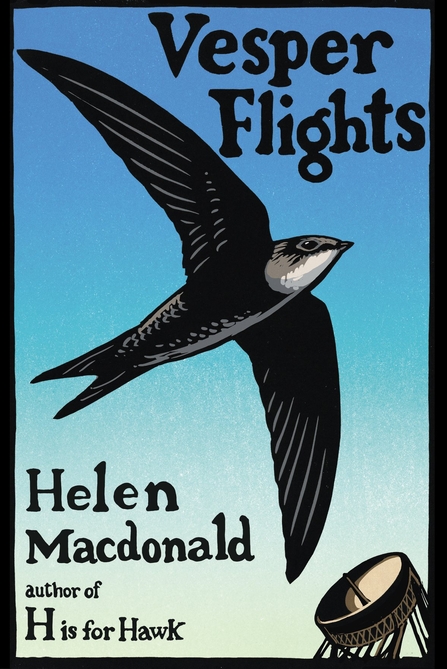I haven’t visited it for a couple of years, and that makes me sad. Sad, but not mournful—because it’s still there. It hasn’t been lost, like so many other places of natural abundance I’ve known and loved in my life that have been obliterated by development or slow ecological impoverishment. If I were to set foot there, on this dry, warm, September afternoon, I know exactly what the place would smell like, what I would see there, and how it would feel to walk along paths I know so intimately from long acquaintance they feel part of who I am.
Greywell is a pretty Hampshire village only ten miles from where my mother used to live. It has half-timbered buildings of oak and herringbone brick, Georgian houses, cottages hung with terracotta tiles, wisterias and tangled summer roses; a pub, a spreading cedar tree. It’s an impossibly picturesque, picture-postcard place. But I love it most for another reason.
On one side, running along the course of the Whitewater river, is the Wildlife Trust’s Greywell Moors reserve, an area of wet fen so lush and vivid and full of life in summer it can feel almost psychedelic. I’ve stood there and marvelled at marsh helleborines, their stems topped with crowds of fleshy deep red, white-edged blooms that seem somehow half ballerina and half-dinosaur, while dragonflies clatter past in the loud air, and a tiny grass snake slips past my feet like an enamelled, animate bootlace. Then I’ll head out from the Wildlife Trust reserve out behind the village, climbing the grassy hill to Butter Wood and amble down paths that in winter, in good vole years, rustle with the sound of rodents running on dry dead leaves. Like all good wild places, part of its magic is that it is always full of surprises. One April morning I spent ten minutes trying to spot the common buzzard I could hear calling in a high oak, before I realised that the noise was coming from the open beak of a jay that had learned a perfect imitation.


